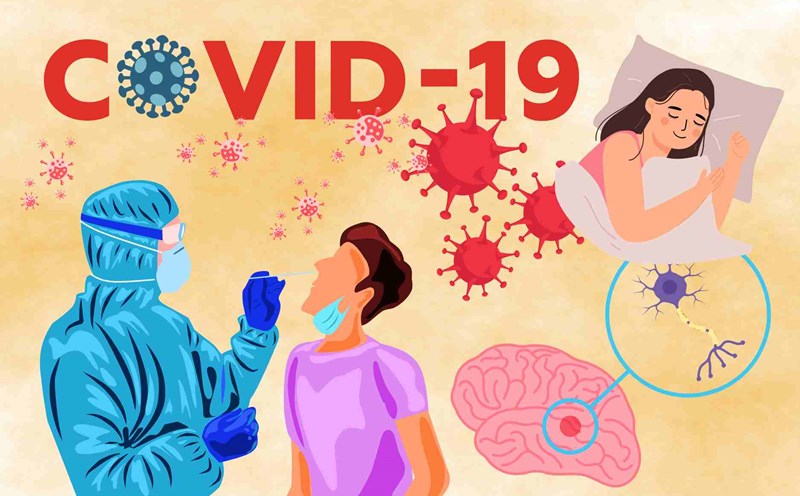Does coffee increase blood pressure?
According to nutritionist Jamie Johnson at the Cleveland Clinic (USA), coffee contains caffeine - a neurological stimulant. After drinking, caffeine constricts blood vessels and increases heart rate, causing blood pressure to increase slightly by 3 - 14 mmHg in about 30 minutes to two hours.
For example, people with a normal blood pressure of 120/80 mmHg may see their blood pressure increase to 134 mm/9rHg after a cup of thick coffee. However, if you are a regular coffee drinker, your body will get used to it and this reaction will decrease.
Some groups of people may be more affected by coffee, including:
Young people: Teens who react more strongly to caffeine than adults.
Pregnant women: The fetus cannot metabolize caffeine, so pregnant women are recommended to only take less than 200 mg/day.
Smokers: Nicotine increases the impact of caffeine on blood pressure.
People with cardiovascular disease: Temporary high blood pressure can be more dangerous for people with heart disease.
Should people with high blood pressure drink coffee?
For people with severe high blood pressure, drinking more than 2 cups of coffee a day can increase the risk of heart attack or stroke, says Dr Fernanda Monteiro, a cardiologist at the University of Sao Paulo (Brazil).
In contrast, a Brazilian study with nearly 9,000 adults showed that those who drink 1-3 cups of coffee a day are less likely to suffer from high blood pressure than those who do not drink it.
According to the American Heart Association's recommendation, healthy adults should not consume more than 400 mg of caffeine/day, equivalent to 3-4 cups of coffee. For adolescents, the limit is 100 mg (about 1 glass). Drinking too much can cause anxiety, rapid heartbeat, insomnia or prolonged high blood pressure.











